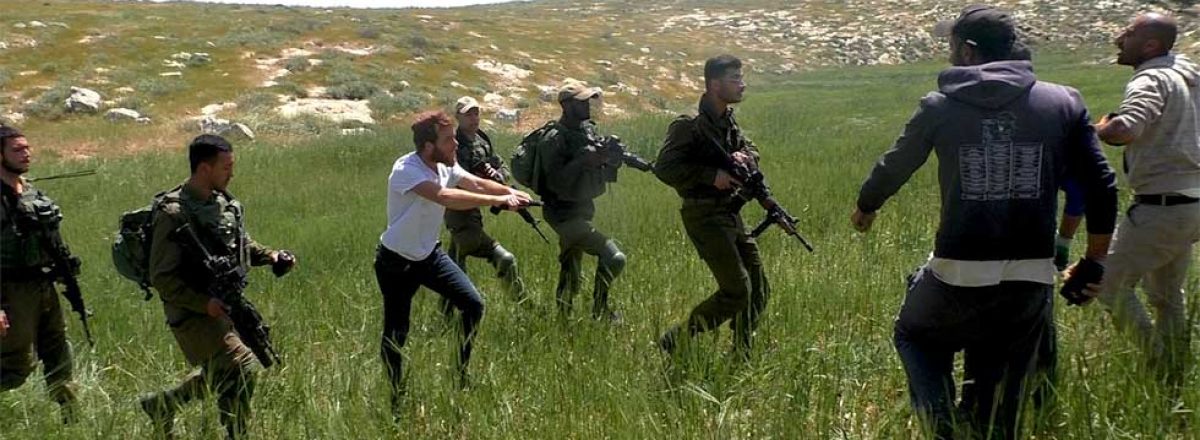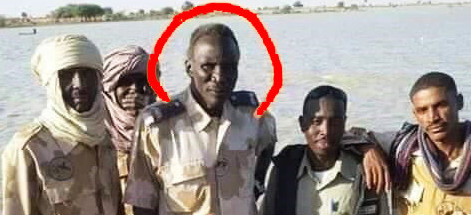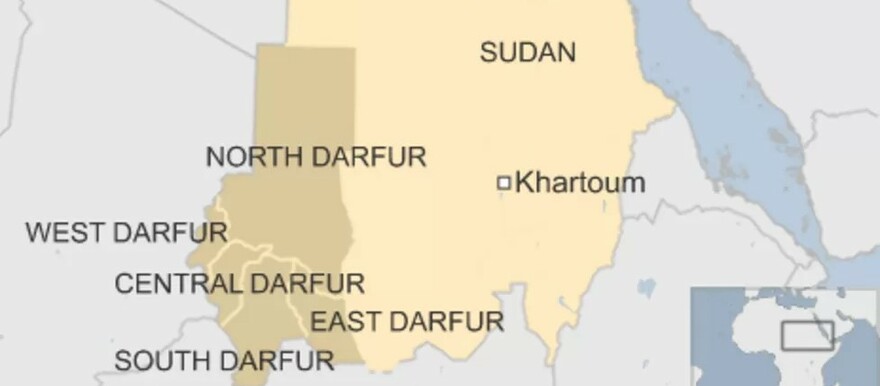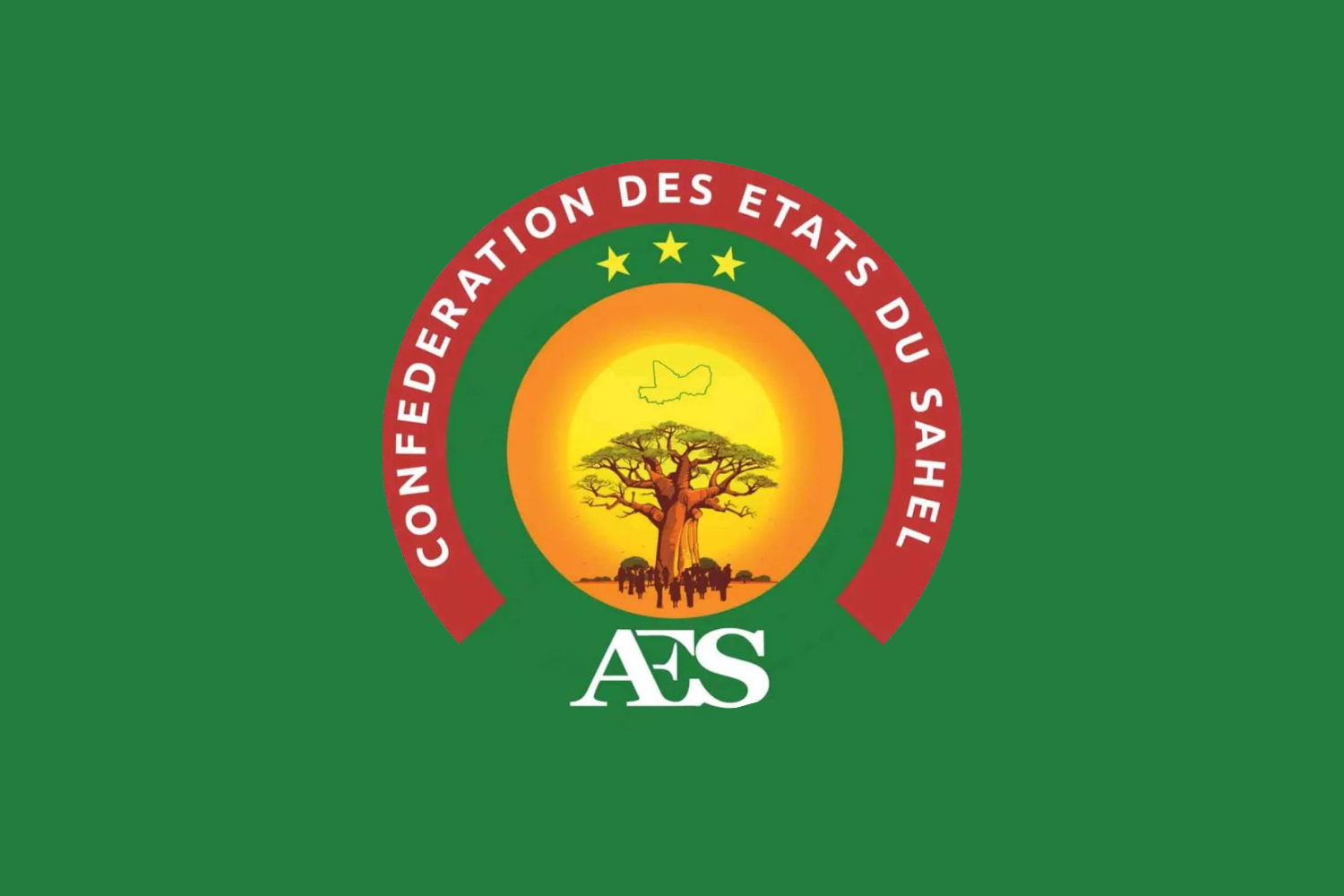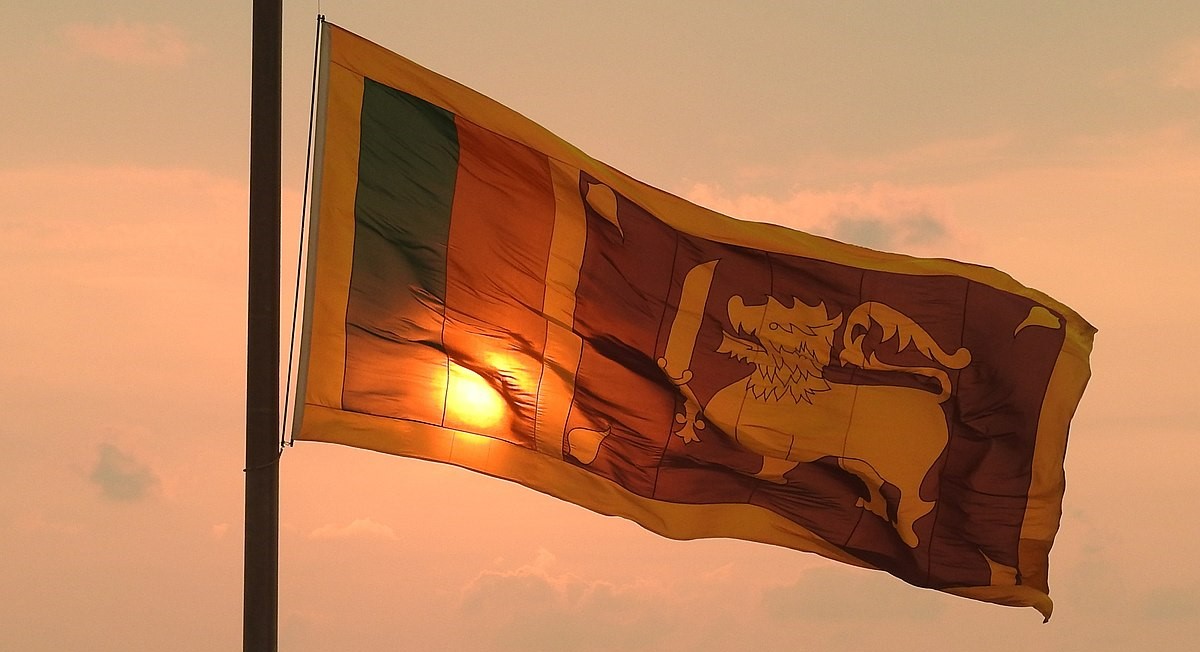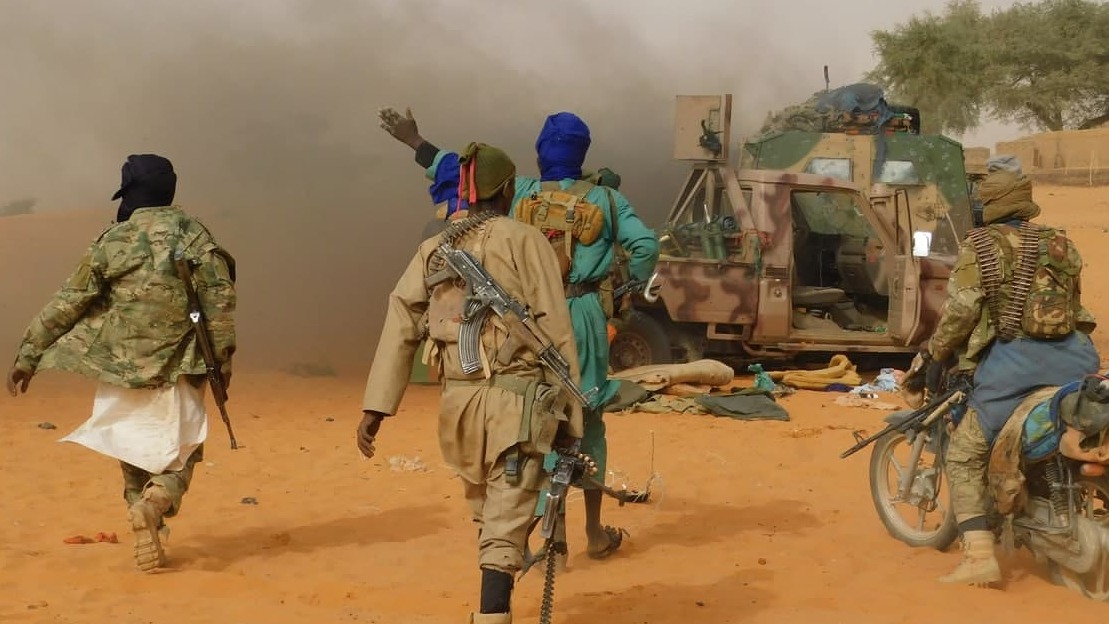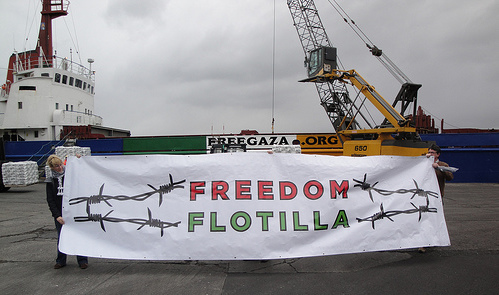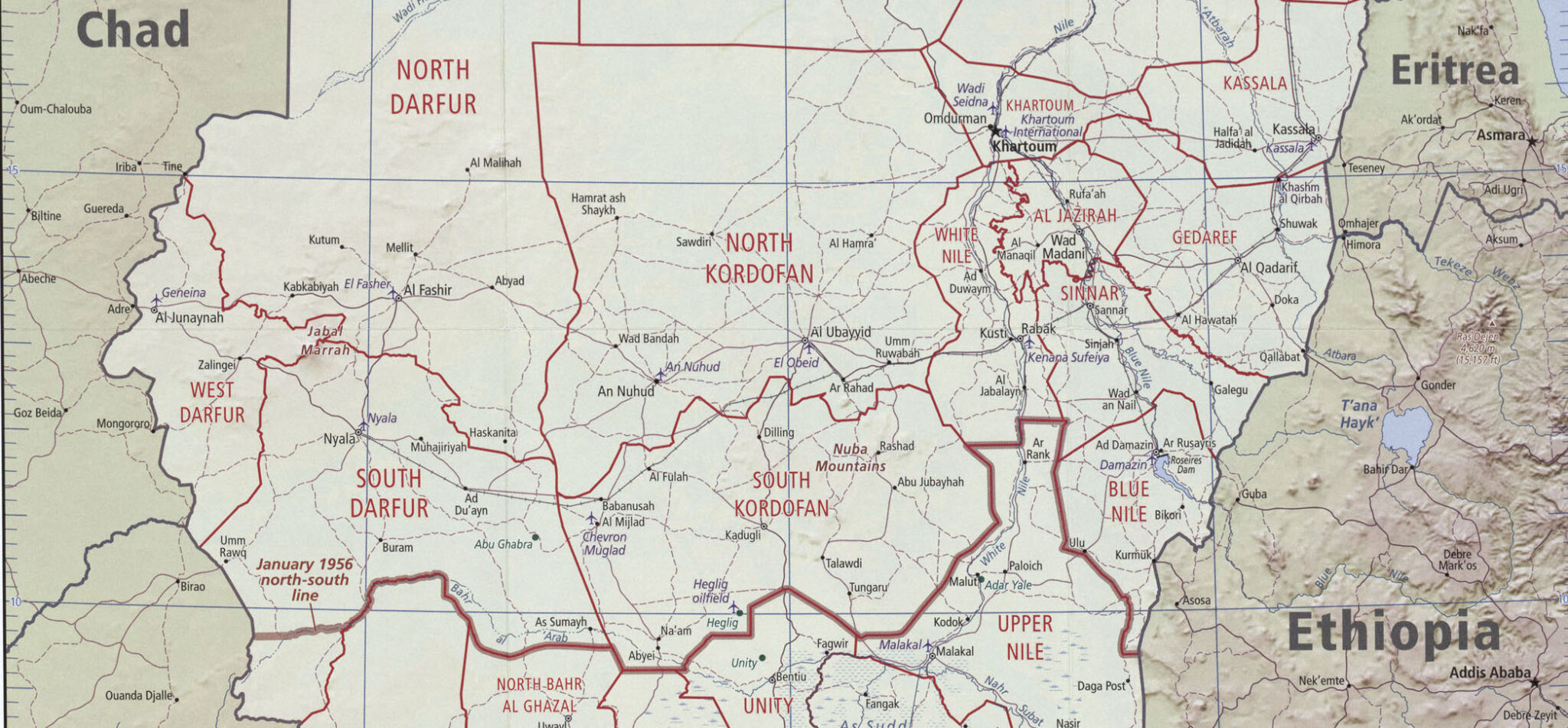
Sudan: massacres, ‘execution spree’ as El Fasher falls to RSF
Sudan’s Rapid Support Forces (RSF) have fired on fleeing civilians, plundered hospitals, and carried out over a dozen “field executions” in El Fasher in the days since the paramilitary army took the city, local observers report. The Sudan Doctors Network issued a statement saying the RSF had carried out a “heinous massacre [of] unarmed civilians on ethnic grounds in what amounts to an act of ethnic cleansing.” Among those slain in targeted summary executions was reportedly Siham Hassan, a longtime activist and former member of parliament. She was known for running a community kitchen to feed the hungry in El Fasher, and as an outspoken advocate for women’s rights. (Map: PCL)



